
Summary
- Huge flops in modern game development often stem from poor technical launches and flawed live-service models.
- Even major single-player triple-A games like Star Wars Outlaws and Dragon Age: The Veilguard have so far yielded underwhelming sales.
- Commercial failures such as Concord, Redfall and Suicide Squad: Kill the Justice League highlight the significant financial risks and consequences studios face in the industry today.
Over the past few years, we’ve seen some of the largest letdowns in triple-A gaming, whether they were live-service or single-player games, that fell short of expectations and struggled to gain a following. These disappointments often led to studio closures, highlighting the significant risk and financial burden involved in today’s game development, where one mistake can lead to catastrophe for even established firms.
Each game that launches unsuccessfully has its own specific circumstances, but often, the causes behind these massive failures aren’t too surprising. For instance, many games start off with technical problems, which can create a dull first impression and make it tough to regain favor, as demonstrated by titles such as Cyberpunk 2077. Furthermore, the current trend of relying on live-service models in an overcrowded market frequently leads to underwhelming initial performance. This results in numerous games with long-term support plans being closed prematurely or abandoned, denying developers the opportunity to correct problems or add content that was already in development.
Here, we’ll explore several high-profile games released in recent times that failed to meet expectations financially, focusing on the consequences these disappointments had for the developers and companies behind them.
Other Notable Flops Worth Mentioning (By Release Date):
- E.T. The Extra-Terrestrial (1982)
- Shenmue (2000)
- Daikatana (2000)
- Too Human (2008)
- APB: All Points Bulletin (2010)
- Defiance (2013)
- LawBreakers (2017)
- Crackdown 3 (2019)
- Crucible (2020)
- HyperScape (2020)
- Marvel’s Avengers (2020)
- Babylon’s Fall (2022)
- Saints Row (2022)
- Gotham Knights (2022)
- Forspoken (2023)
7. Star Wars Outlaws
Estimated Sales: 2 Million Units
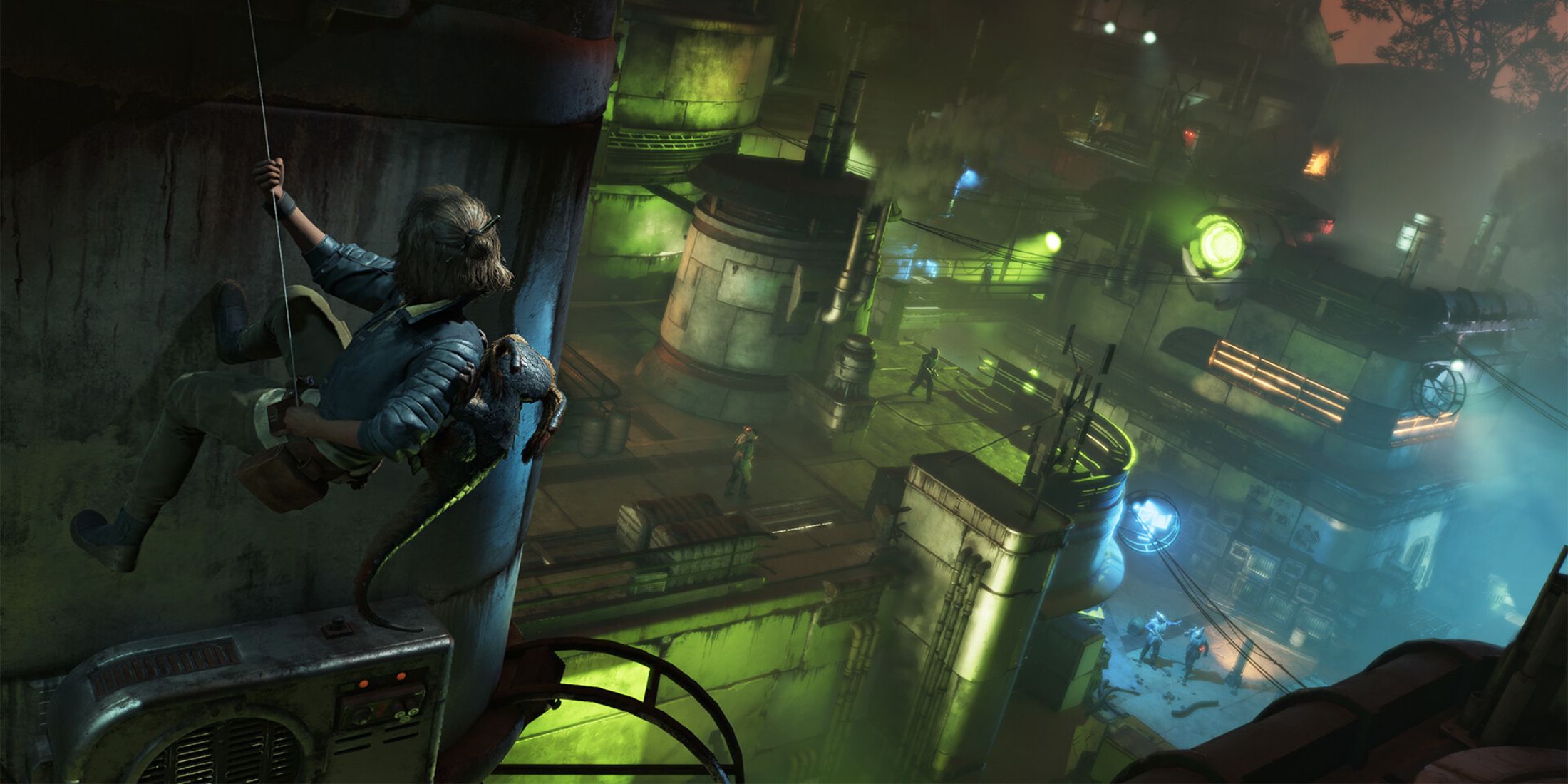
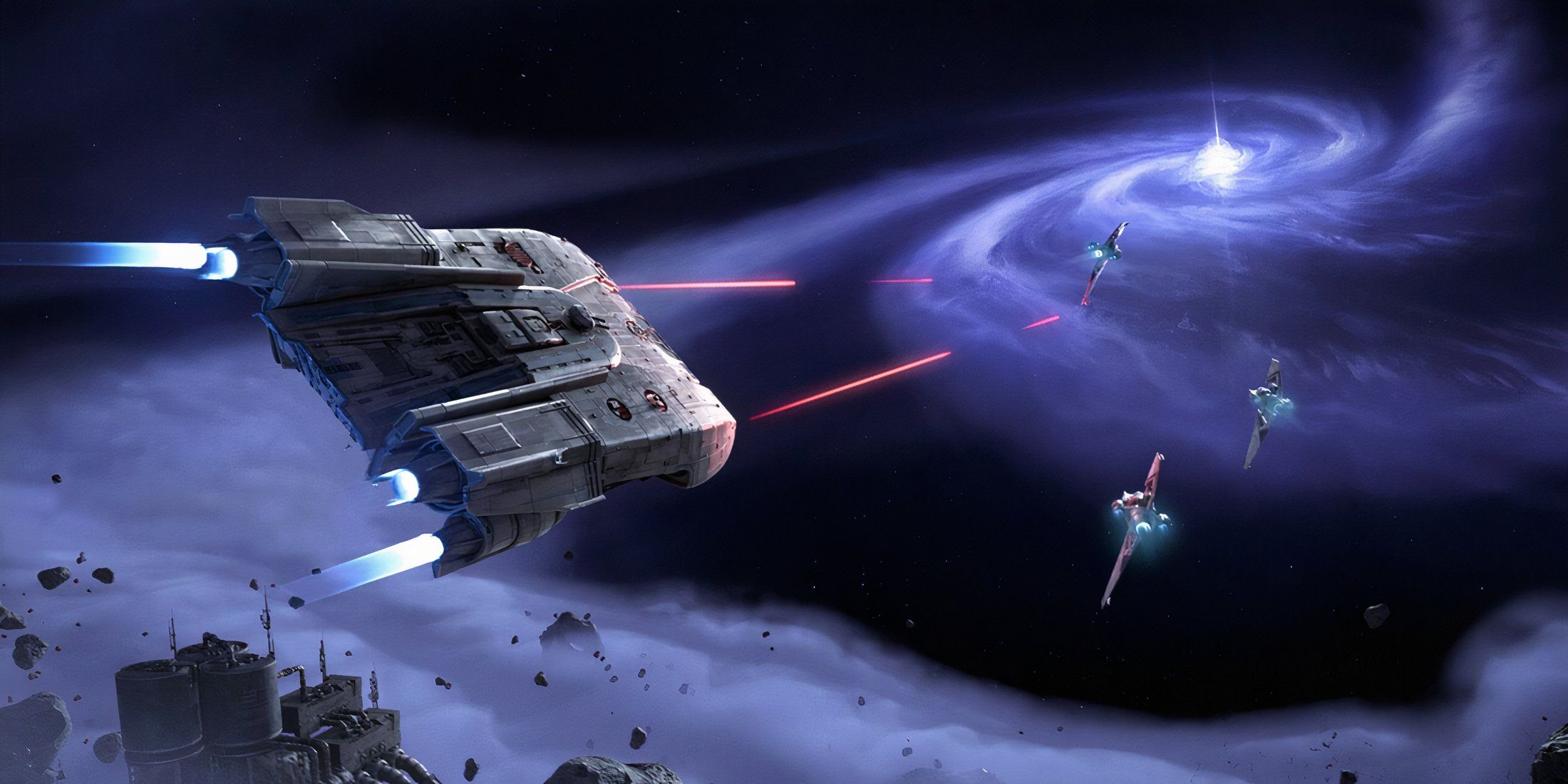
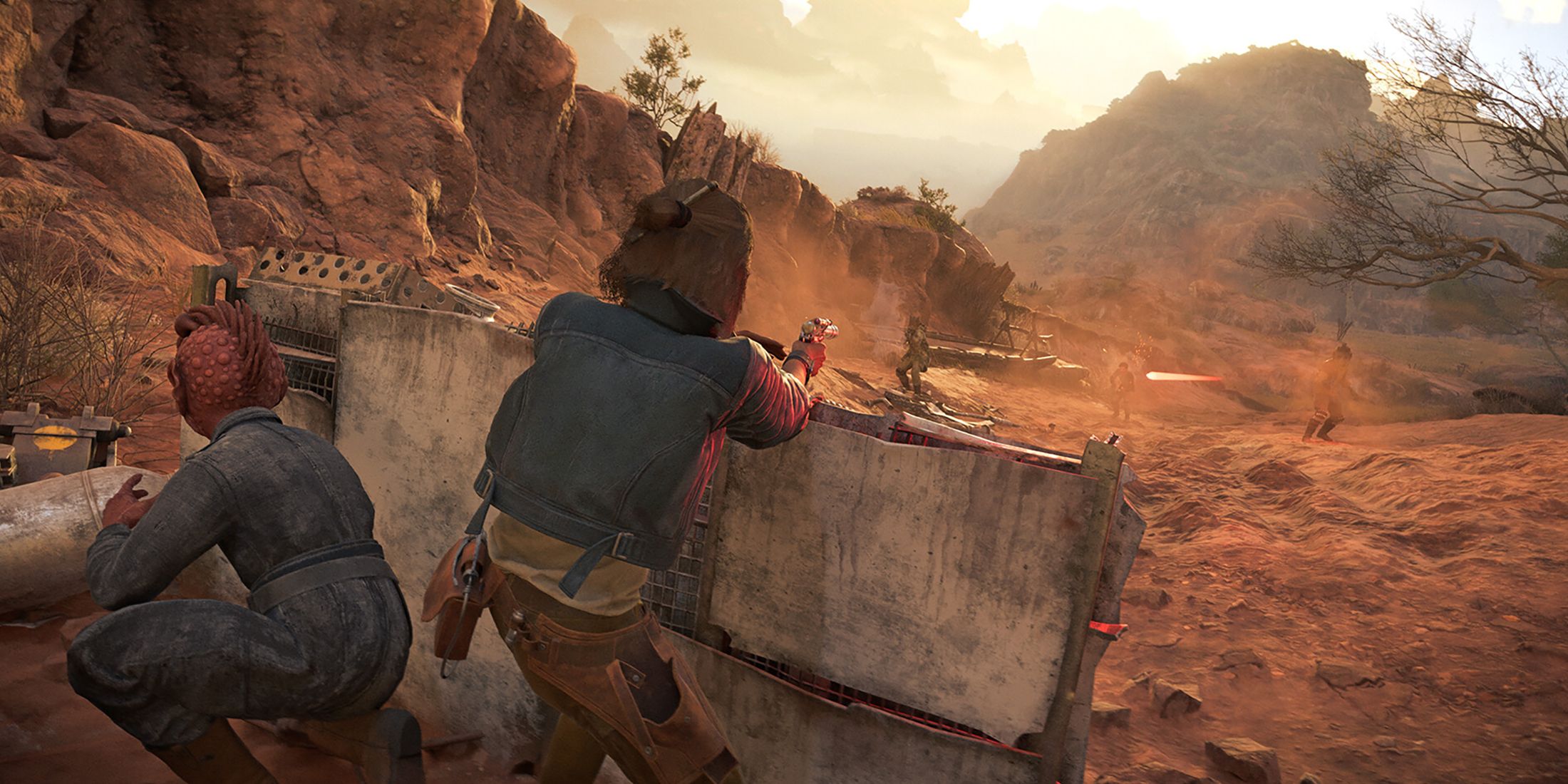
Star Wars Outlaw is one of Ubisoft’s more notable missteps in recent times, leading the company to rethink their strategies after the game’s surprising flop. Despite being marketed heavily under a popular franchise and launching with great fanfare, Outlaws fell short of expectations. The release was additionally marred by various technical and gameplay problems that only intensified the letdown.
Initially, the game, projected to cost approximately $200 million, is said to have sold only a million copies worldwide during its first month. Following this, sales dropped significantly. Although Ubisoft hasn’t given specific numbers, they mentioned that the game didn’t meet expectations, implying that this expensive production might not recoup costs, potentially requiring 3-4 million more sales to become profitable.
Due to the grandiose promotion and expectations surrounding this launch, the sales figures are deemed disappointing. Consequently, Ubisoft opted to postpone Assassin’s Creed Shadows for further refinement and rethought their usual tactics, such as making the game available on Steam from its initial release date.
6. Anthem
Estimated Sales: Over 5 Million Units

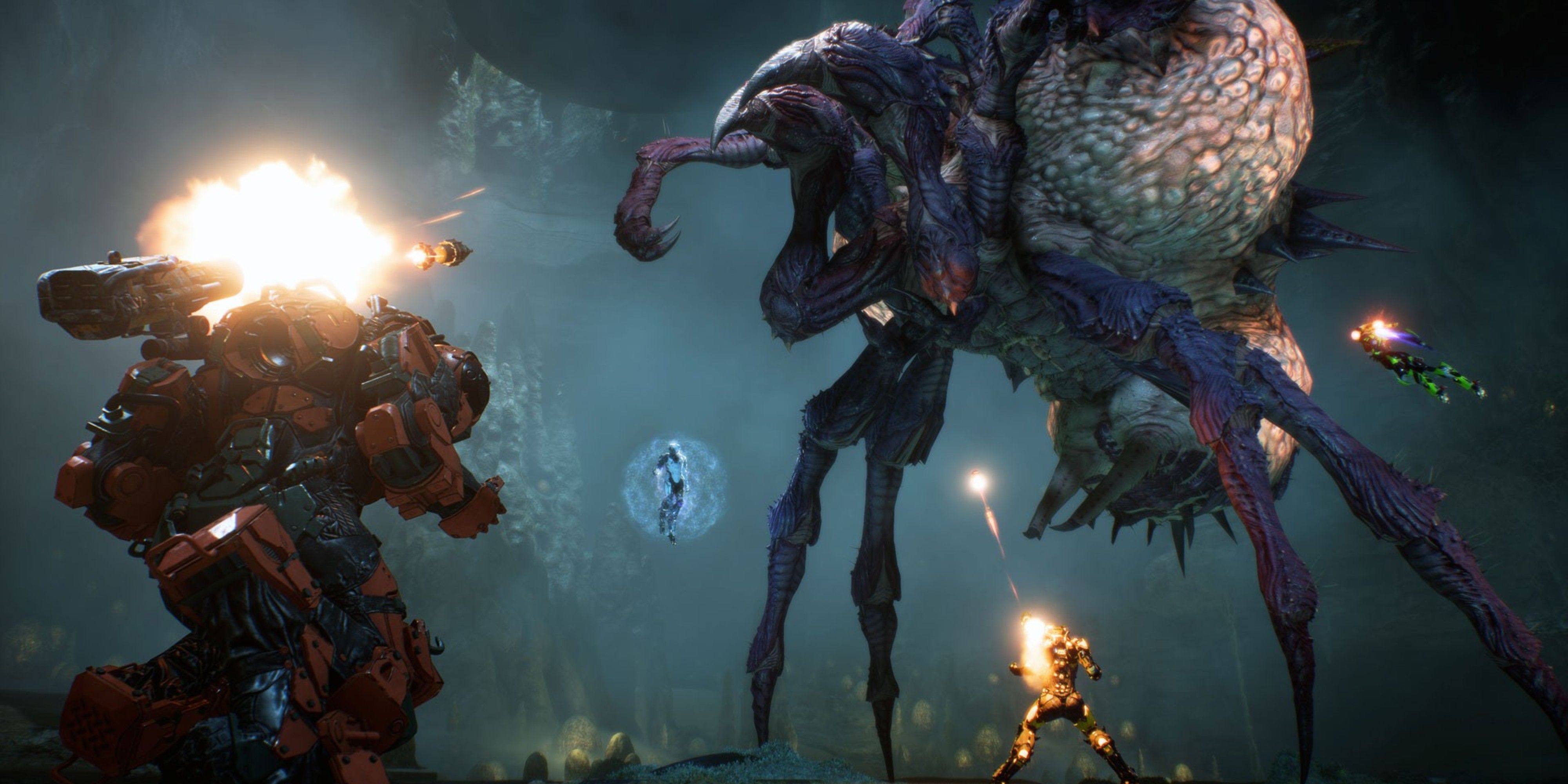
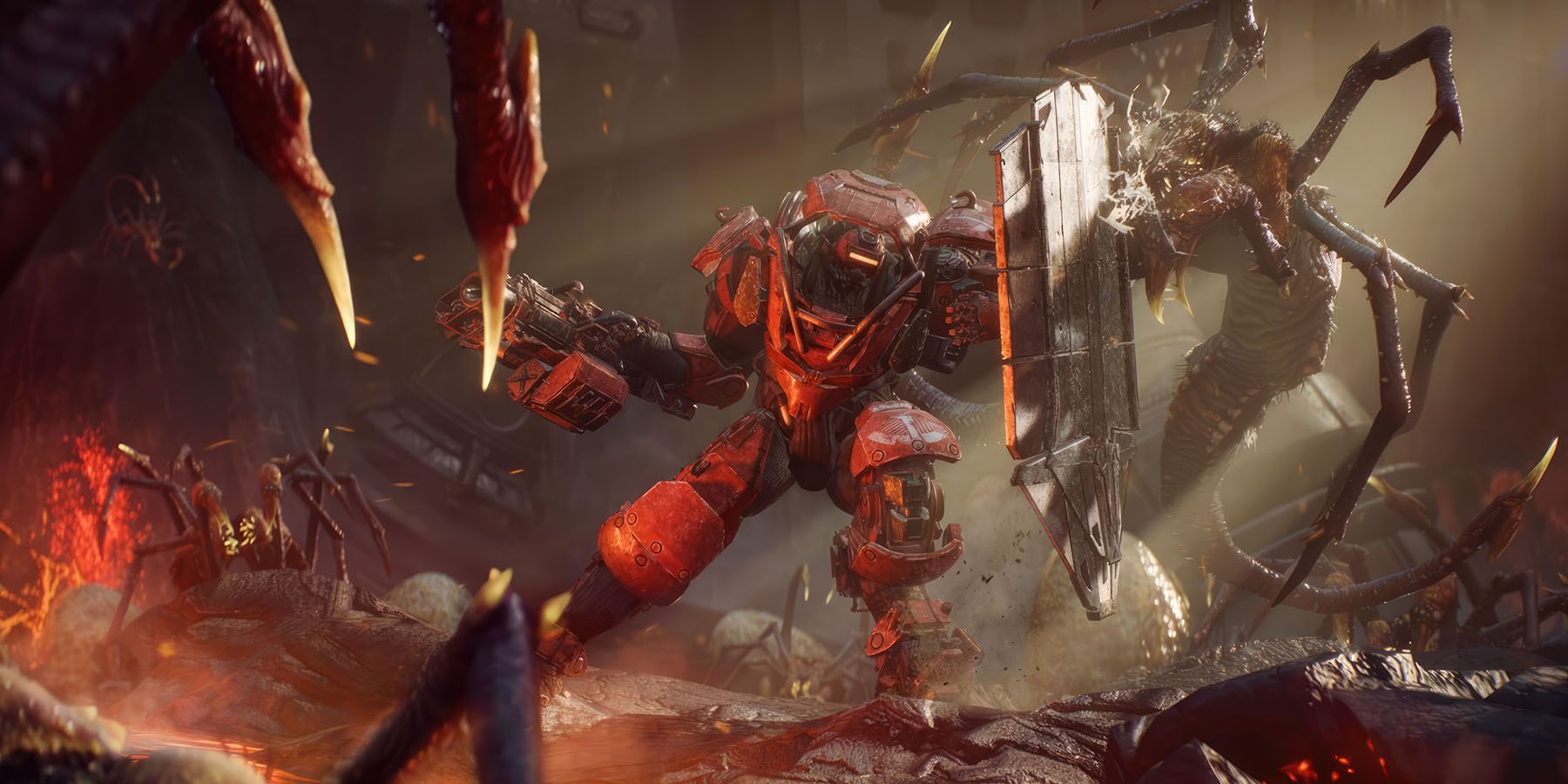
Regardless of its projected lifetime sales exceeding 5 million units, Anthem stands out as one of the most disheartening triple-A game launches in recent years. Its rocky debut signaled a shift within the industry, predicting a surge of uninspiring live-service games that emerged subsequently.
Andromeda. Electronic Arts (EA) heavily marketed this game, with estimated costs reaching around $150 million. The game had a promising debut, selling between 2 and 3 million units during its initial month. However, these sales fell short of EA’s ambitious targets of 5 to 10 million, as well as their long-term goal of creating a franchise that would last a decade like Destiny.
The real disappointment was when Electronic Arts (EA) unexpectedly ended the Anthem 2.0 makeover project, as they decided to shut it down prematurely. A combination of factors led to this decision, such as negative reviews, rapid decline in player engagement, insufficient content, a weak post-game experience, and persistent technical glitches. After active support ended in 2019, sales significantly dropped, with many players unwilling to purchase an unfinished game, even at reduced prices.
5. Dragon Age: The Veilguard
Estimated Sales: 1.5 Million Units
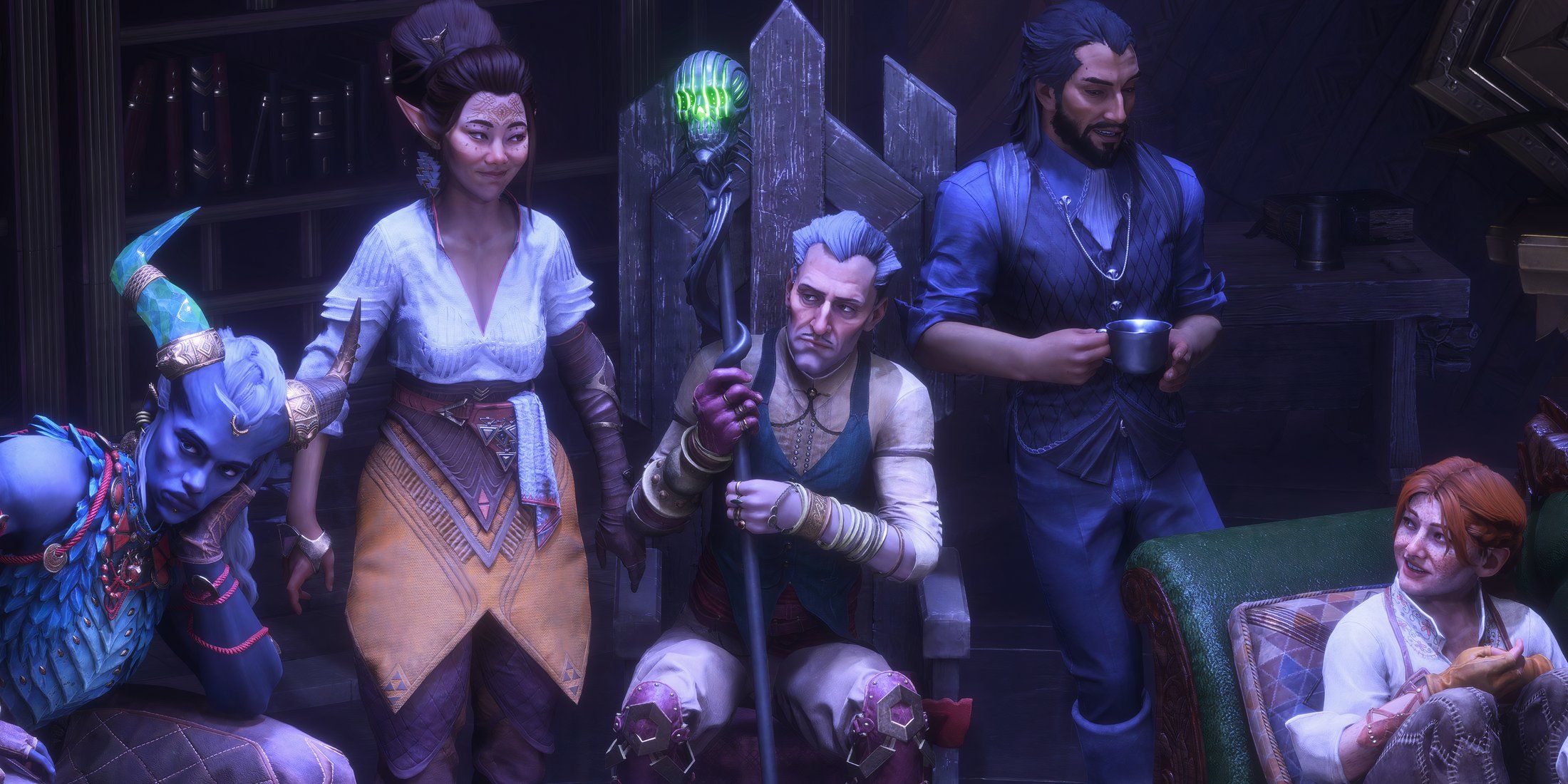
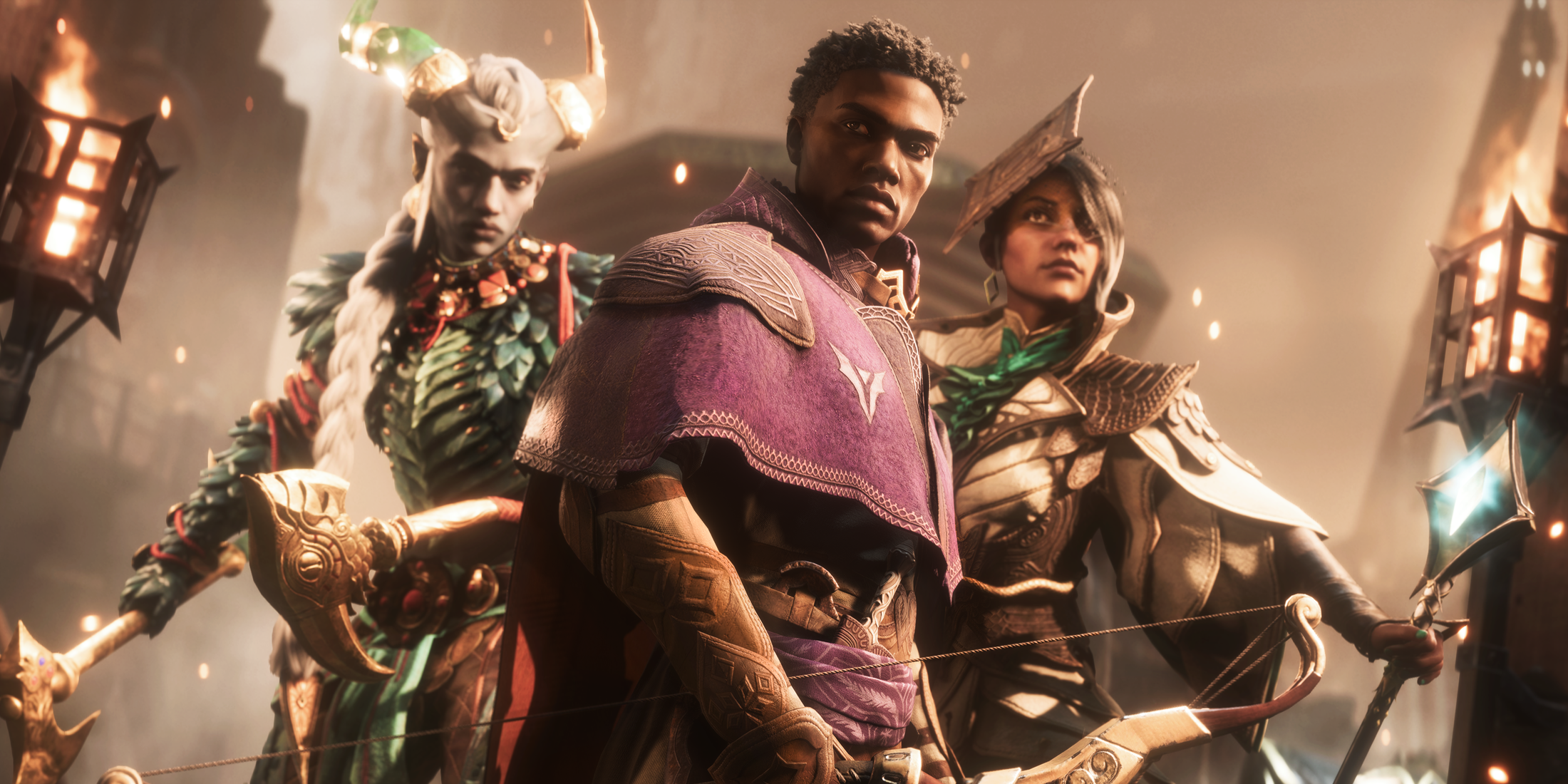
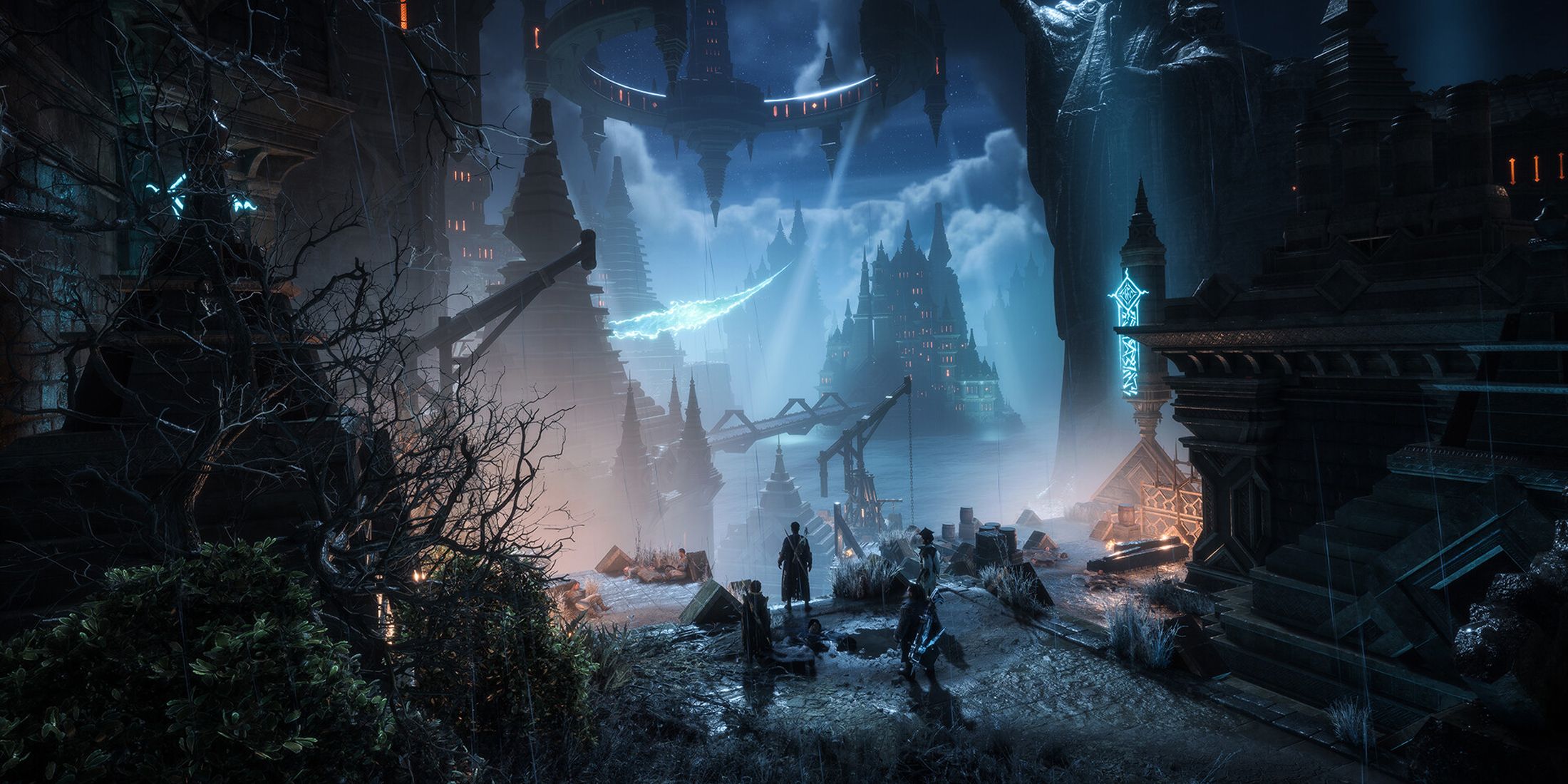
In numerous aspects, “Dragon Age: The Veilguard” diverges significantly from “Anthem,” but both underperformed financially for BioWare and EA in a surprising manner. As a single-player game, it was introduced with minimal technical flaws, having been developed for over a decade (with several reboots) and boasting an estimated budget surpassing $150 million. However, despite being the fourth major installment in a popular RPG series, “The Veilguard” faced near-disastrous sales upon release.
Although Electronic Arts (EA) hasn’t disclosed specific sales figures yet, by early 2025, the game managed to attract only about 1.5 million players, including those who played it through EA Play subscription service. This implies that the number of direct sales might have been significantly lower, falling short of the high anticipation for a significant RPG launch among BioWare enthusiasts. Later on, EA admitted that the game didn’t connect with a wide enough audience in a competitive market, suggesting it failed to meet its objective of attracting at least 3 million players within the initial months, implying it missed the mark on its target.
It’s clear that the game called The Veilguard, which was offered to PlayStation Plus subscribers only four months after its release, highlights its disappointing sales figures. In the early months of 2025, sales remained sluggish, eventually playing a part in another round of layoffs at BioWare due to poor performance.
4. Skull & Bones
Estimated Sales: 1.5 Million Units
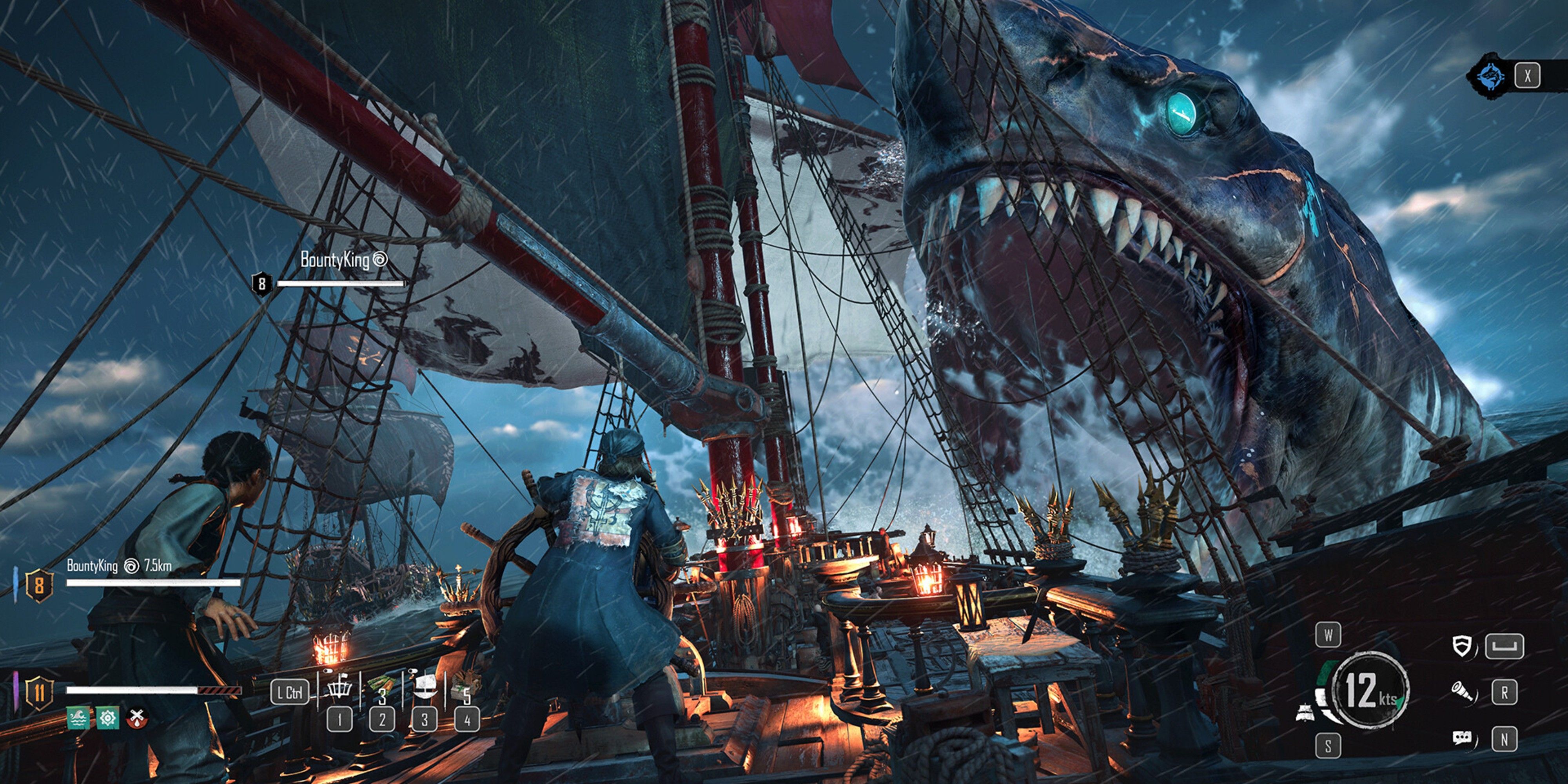
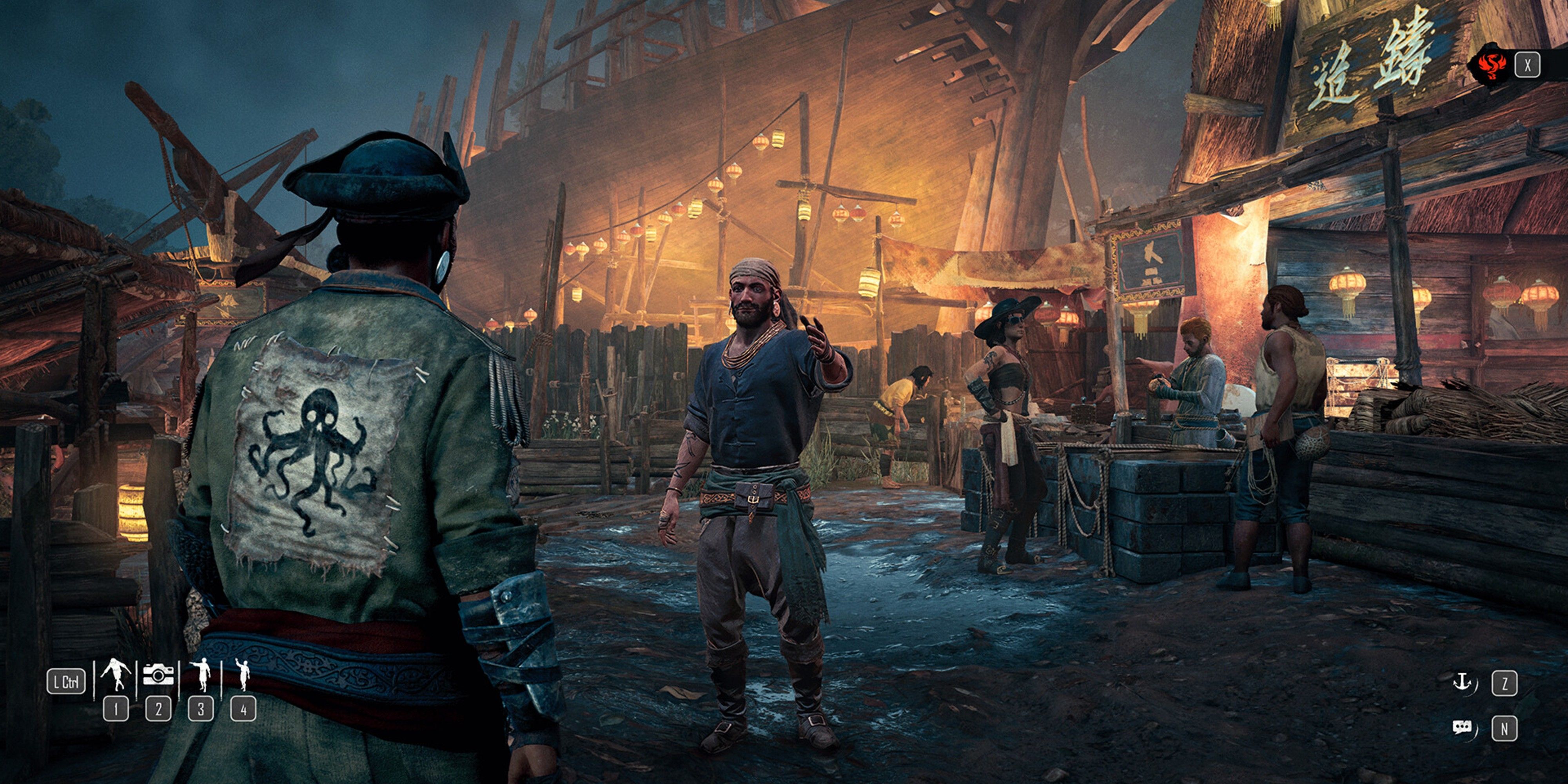
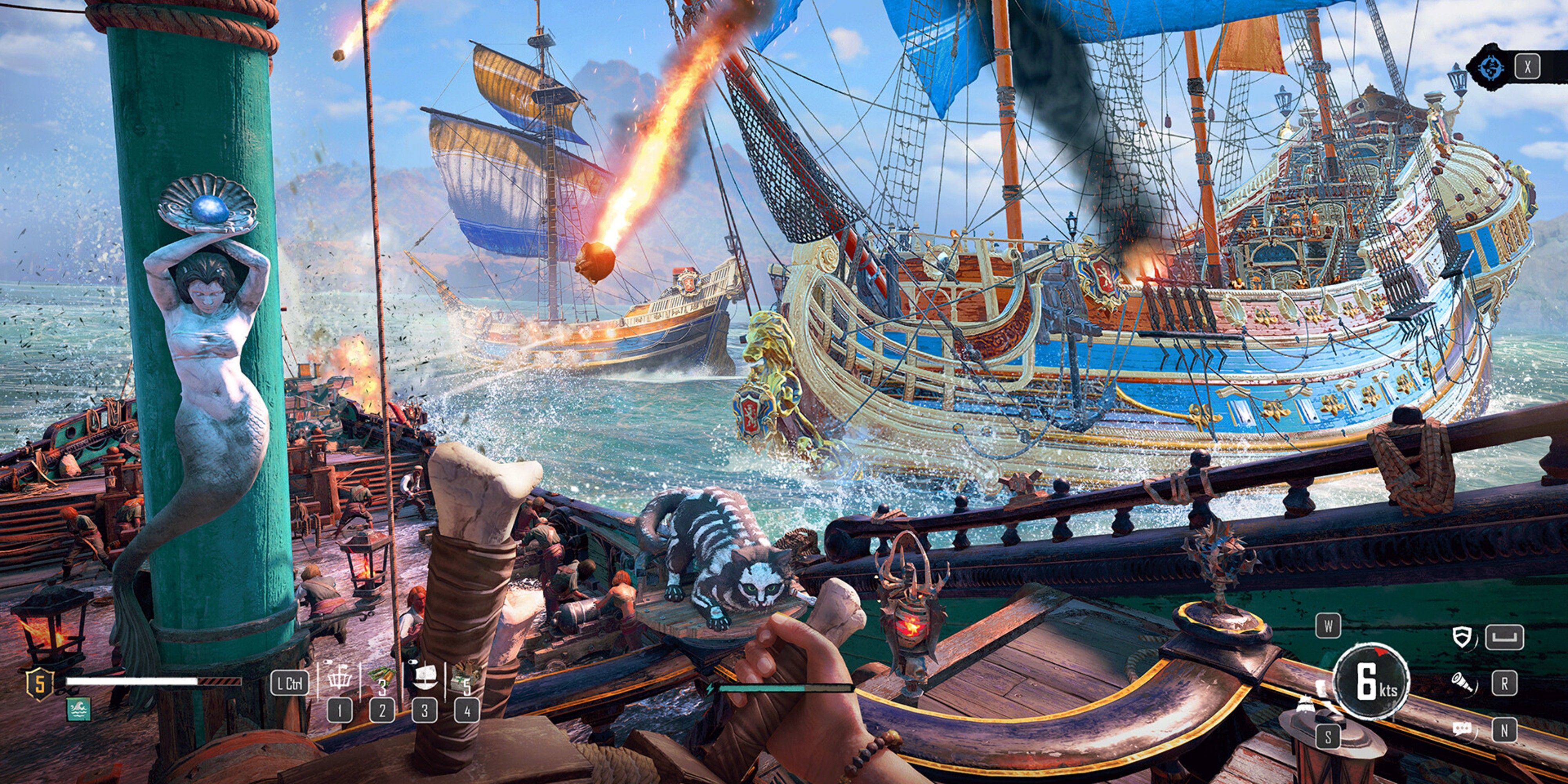
Choosing between the launches of “Star Wars Outlaws” and “Skull & Bones,” it’s tough to pick the one that underperformed and caused more trouble for Ubisoft. However, given that “Skull & Bones” is rumored to have a staggering budget over $200 million and a development process that spanned almost a decade, marked by numerous reboots and delays, it’s reasonable to anticipate its financial performance will be less than satisfactory.
Initially, the live-service game themed around pirates failed to draw in more than a million gamers, even with an 8-hour free trial and a high $70 cost. Ubisoft has not disclosed any actual sales numbers, which indicates that the game likely didn’t meet their targets significantly.
To Ubisoft’s advantage, unlike Anthem, Skull & Bones has not been left behind. Instead, it continues to receive updates and is anticipated to unveil its largest content update yet â a release that could potentially influence the game’s trajectory and help it reverse its current situation.
3. Redfall
Estimated Sales: Below 1 Million Units
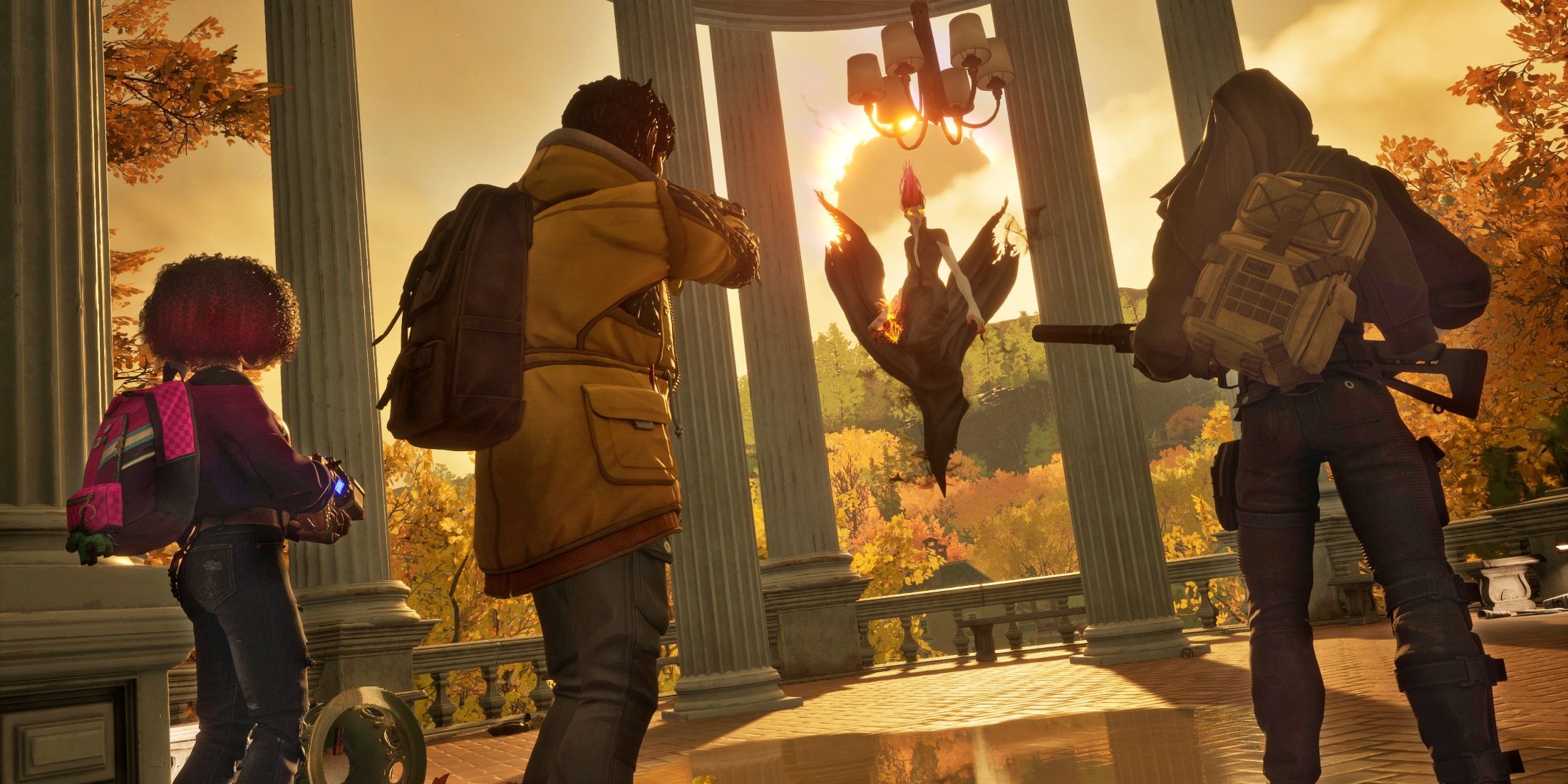
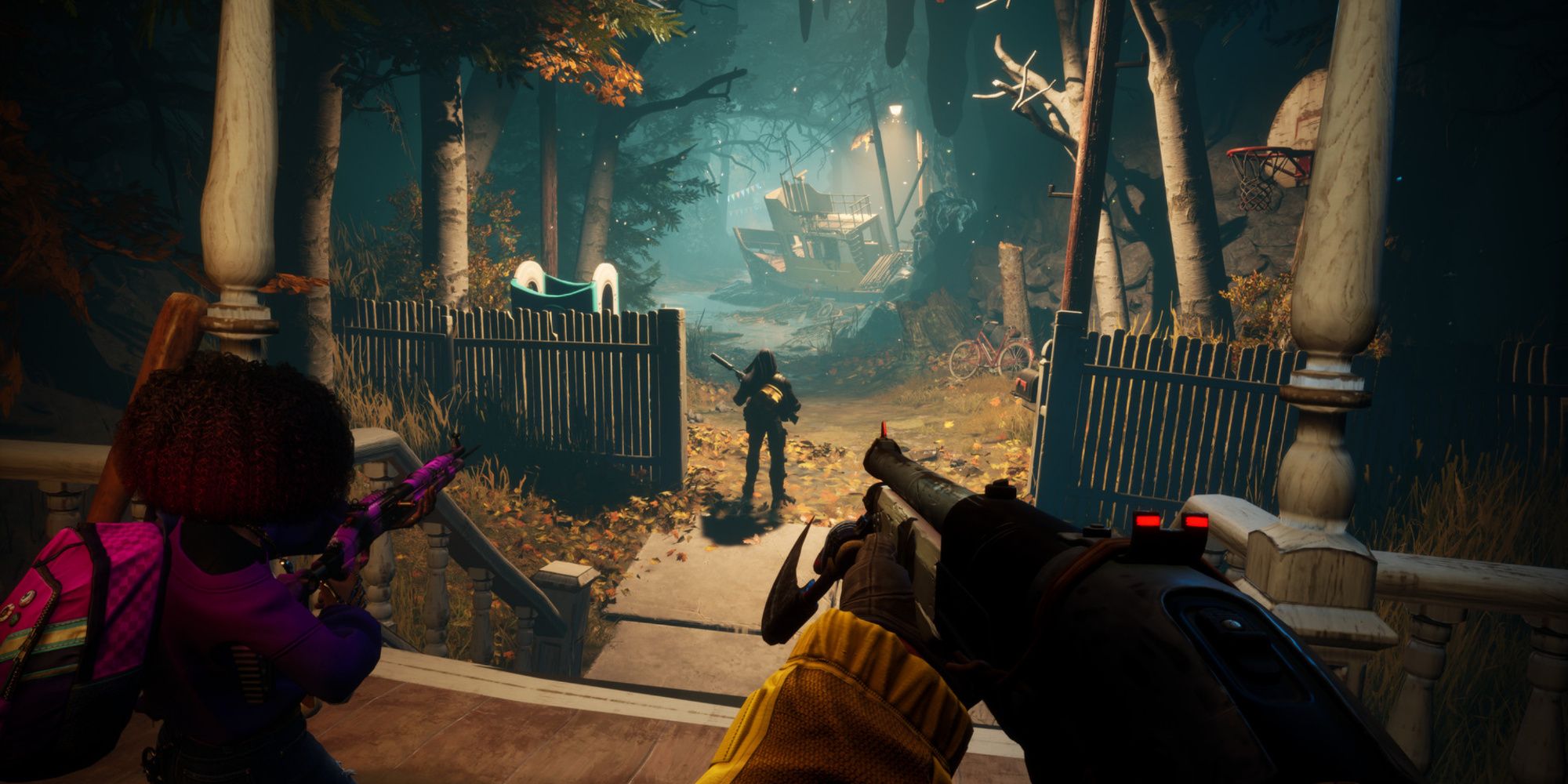
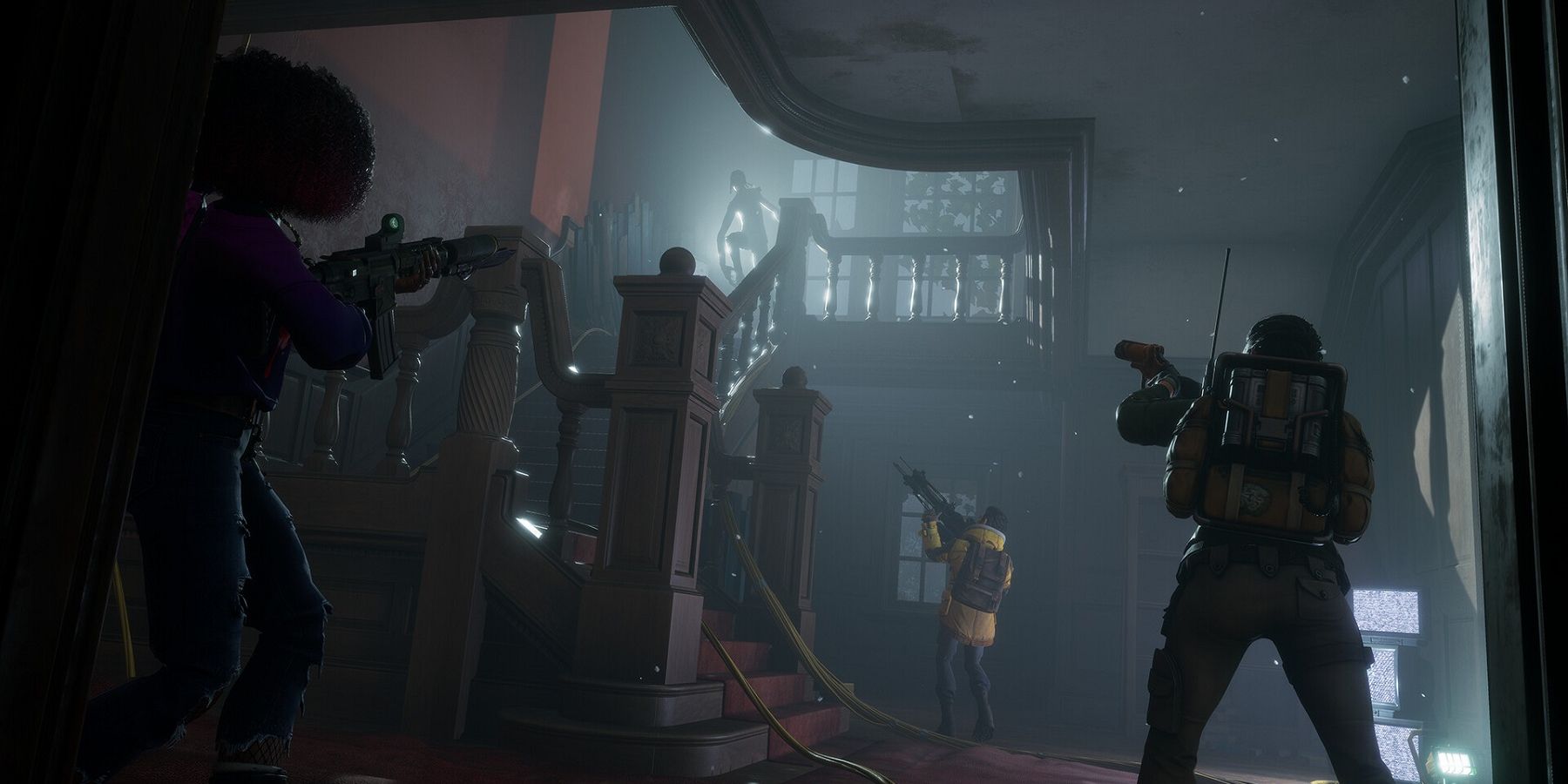
The unexpected downfall of Redfall was quite shocking, considering Arkane’s impressive history and Microsoft’s support. After being worked on for four years and rumored to have cost over $150 million, the game was anticipated to be an exceptional co-op shooter, showcasing Arkane’s renowned depth of gaming mechanics and player autonomy. However, what players encountered was a lackluster experience filled with technical glitches.
As a gamer, I can confidently say that Redfall didn’t exactly set the world on fire when it comes to sales. It was a disappointing commercial performance, with poor retail sales and barely any engagement on Game Pass. If estimates are to be believed, it didn’t even manage to sell a million copies in its lifetime – a feat few modern triple-A games from established studios can boast about, unfortunately.
The closure of Arkane Austin only underscores the game’s commercial failure, emphasizing just how far short it fell of expectations. Even with Game Pass, it couldn’t seem to recover from its underperformance.
2. Suicide Squad: Kill The Justice League
Estimated Sales: Below 1 Million Units
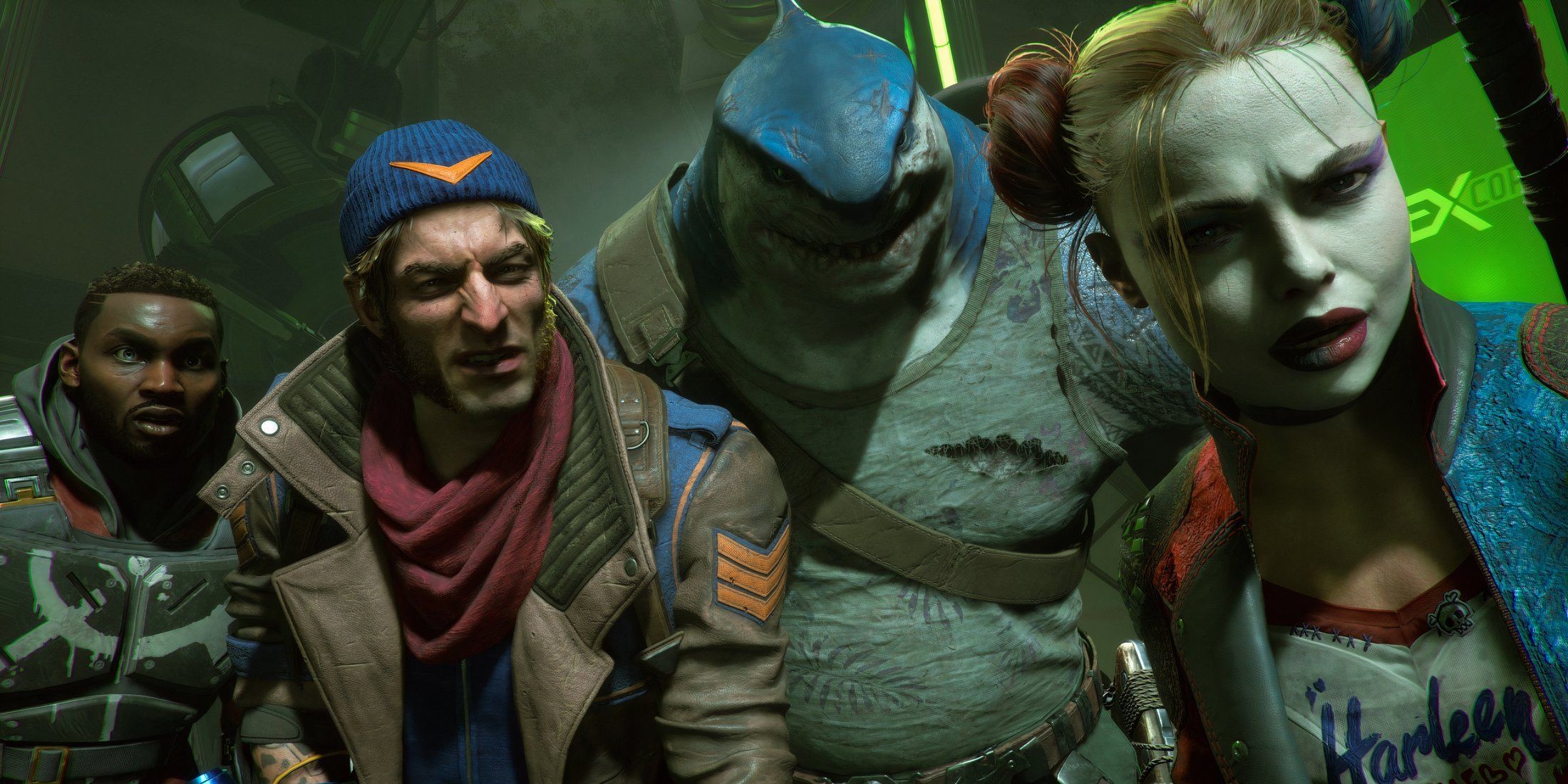
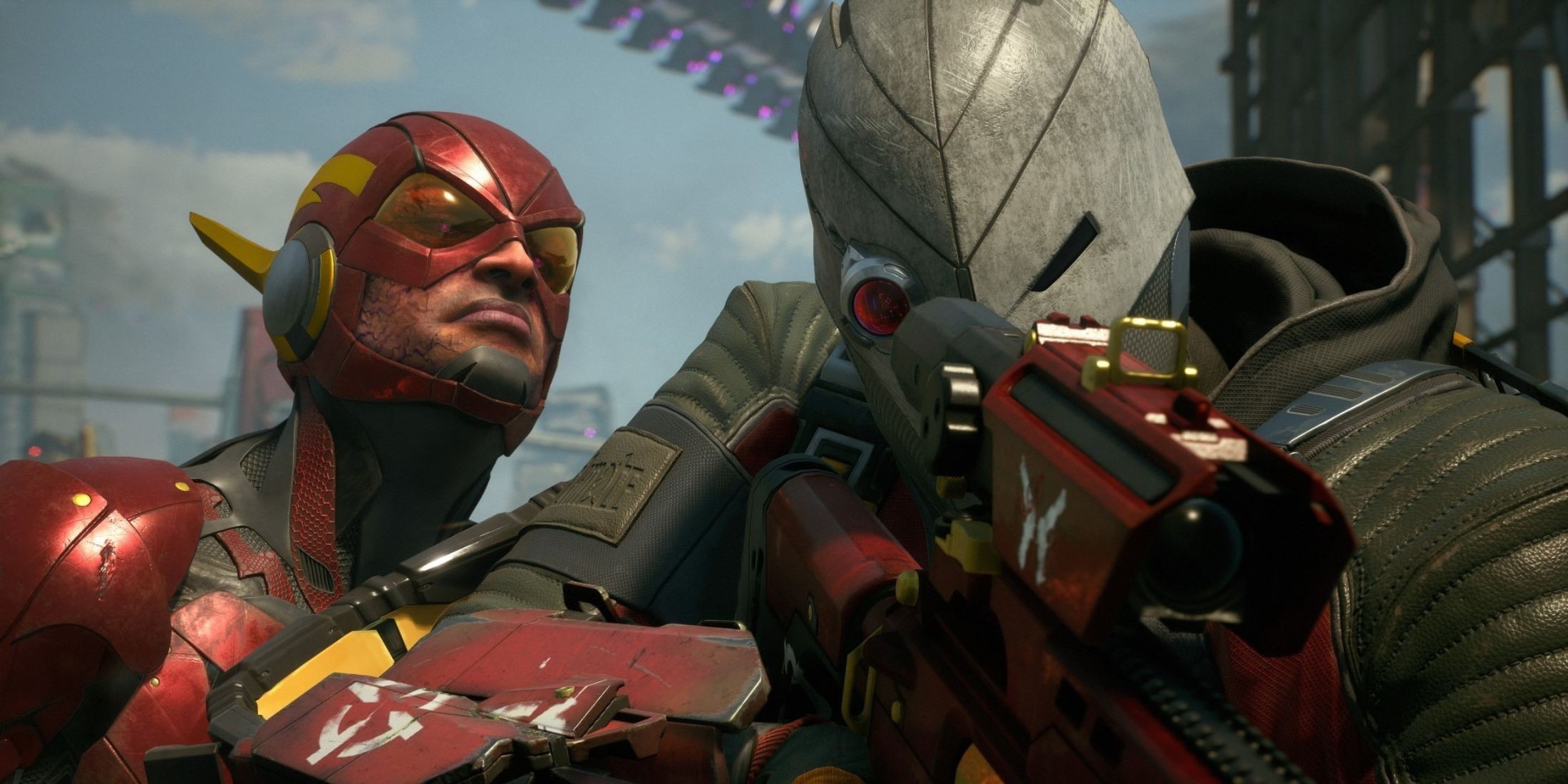
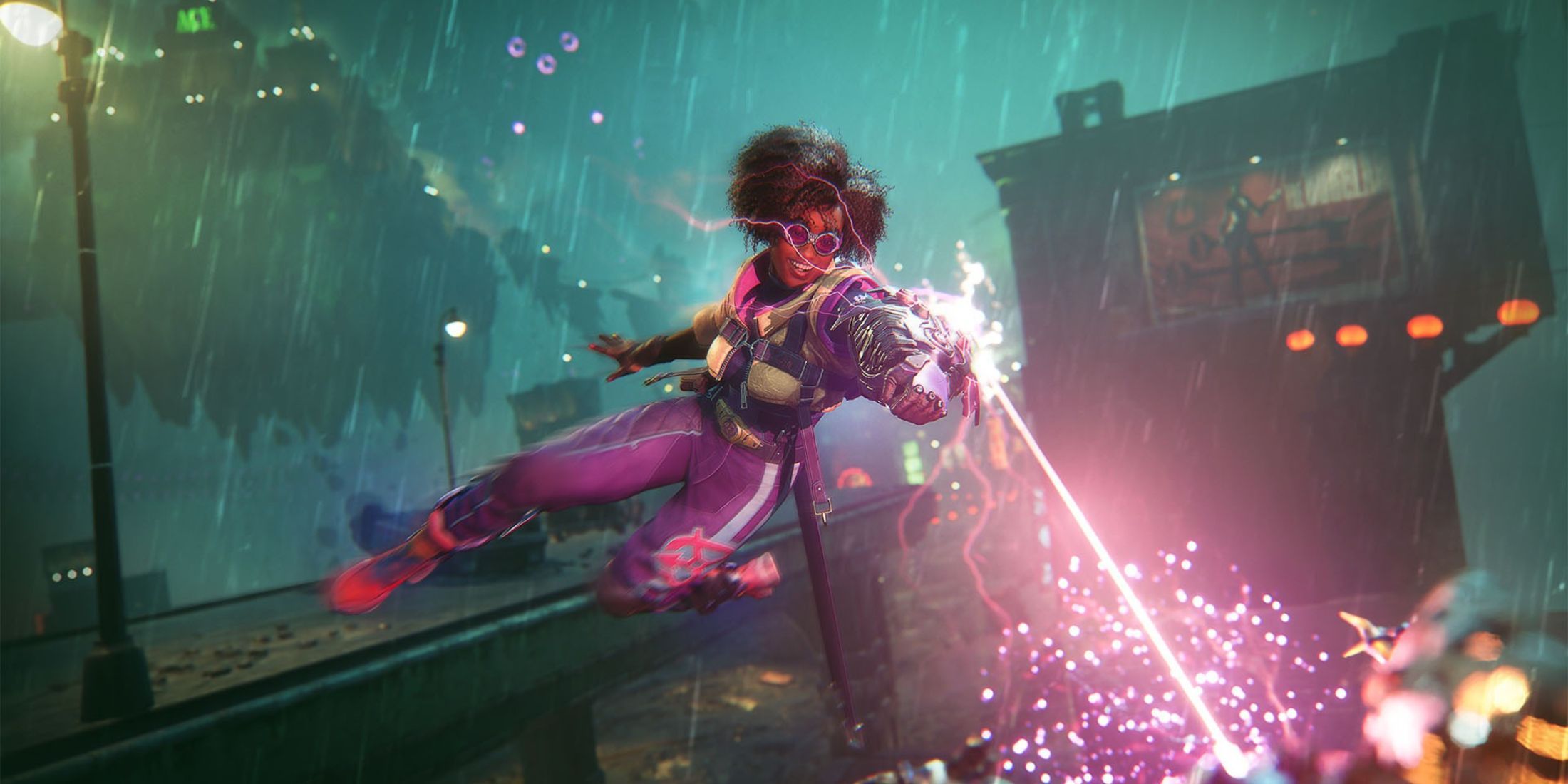
Kill the Justice League,” developed by Rocksteady Studios, has been categorized as one of the recent high-budget video game failures. Despite its grand scale, expensive budget estimated at over $200 million, and a development period spanning seven years which included a shift to live-service design, the game’s sales performance was disappointingly low compared to expectations. In fact, it is said to have sold approximately 33% less than another financial disappointment for Warner Bros., the game “Gotham Knights.
Nearly all indicators pointed towards difficulties for Suicide Squad. Critics gave it a moderate response, it stirred up criticism from dedicated Arkham universe enthusiasts, and its implementation of live-service features was shallow, reflecting Rocksteady’s lack of expertise in that genre. Warner Bros. ultimately announced a $200 million loss as a result of the game’s underperformance, frankly describing it as an “unsuccessful” launch.
Surprisingly, the post-release assistance for
1. Concord
Estimated Sales: Negligible, Fully Refunded
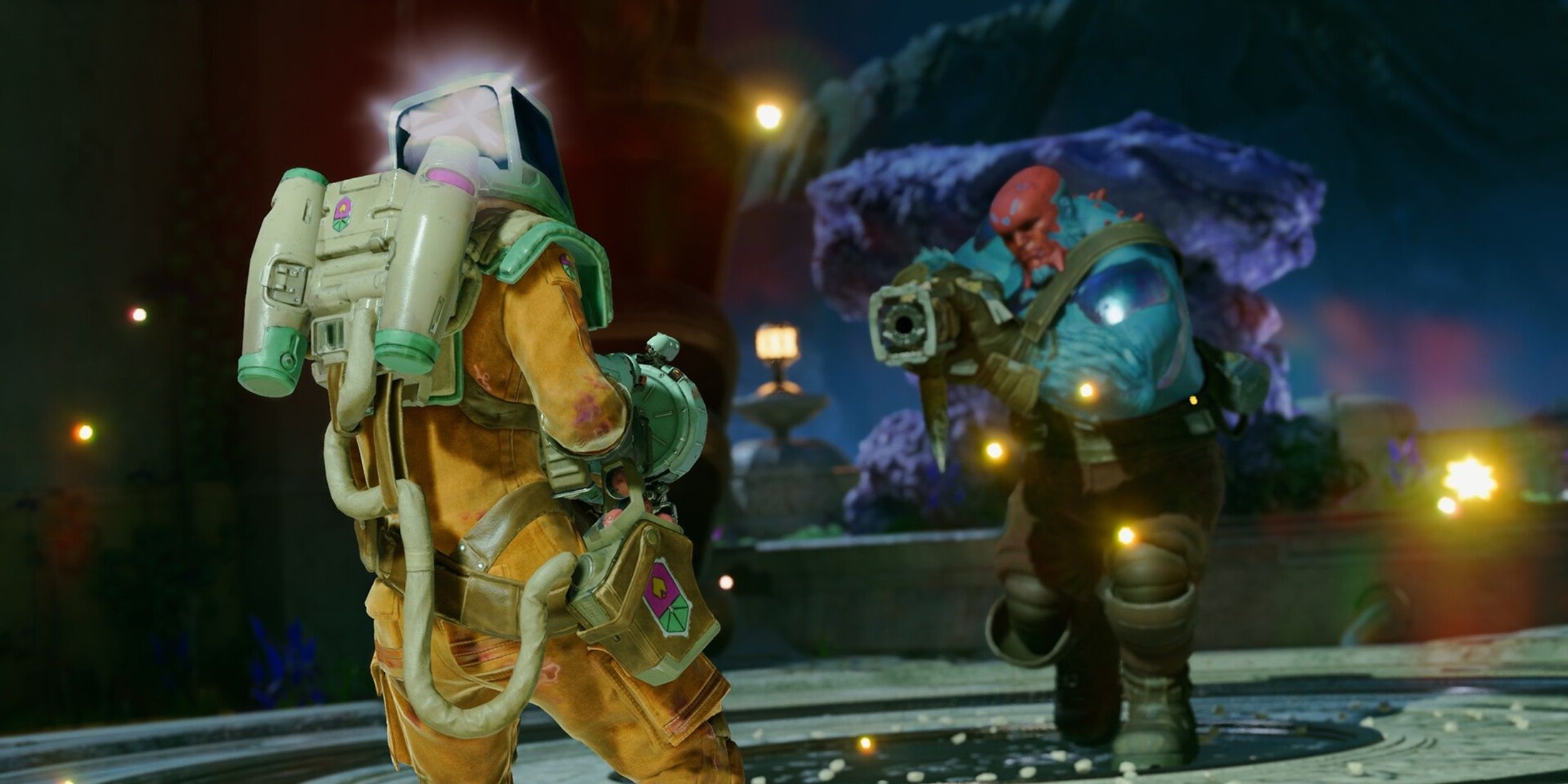
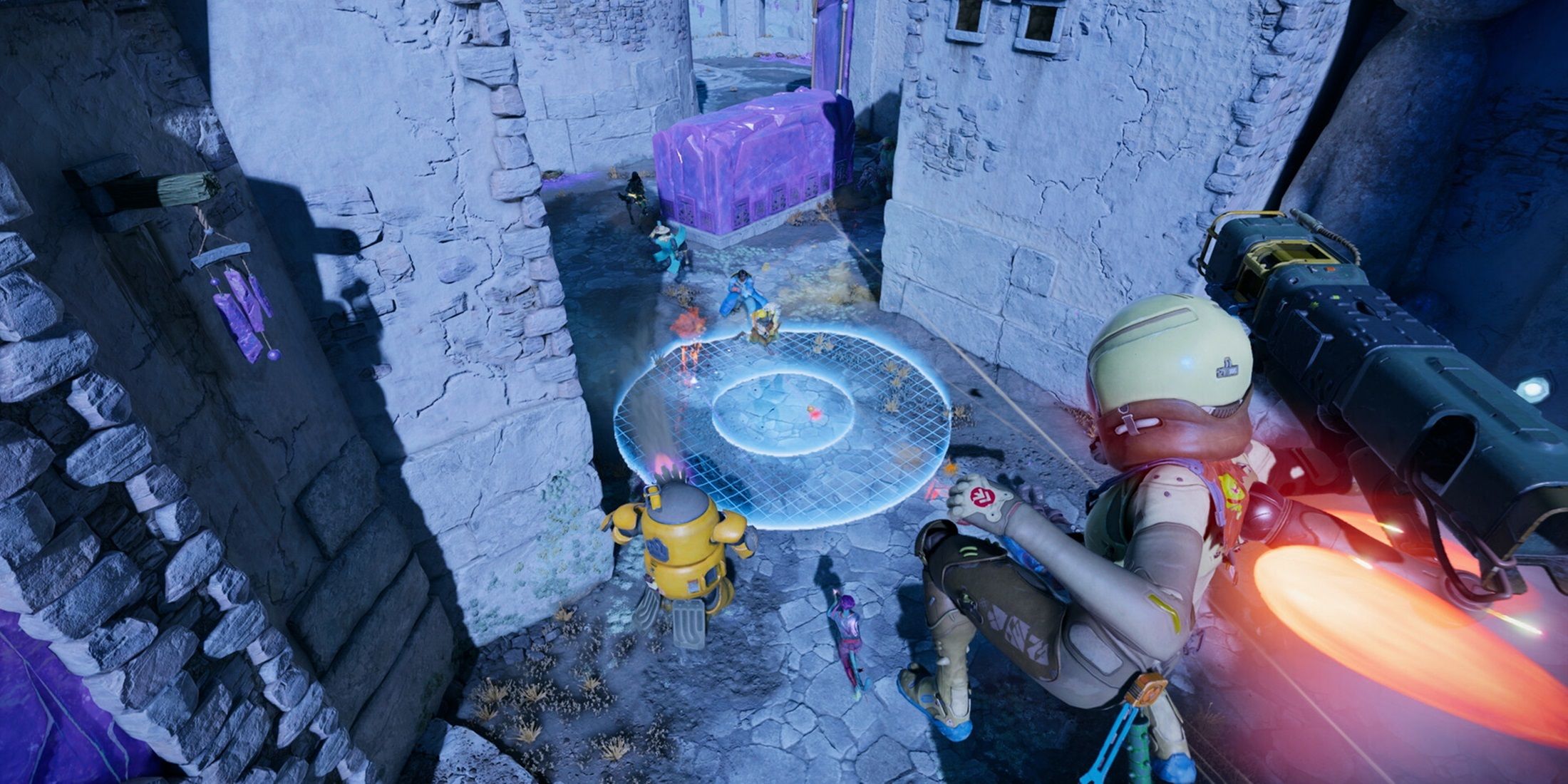
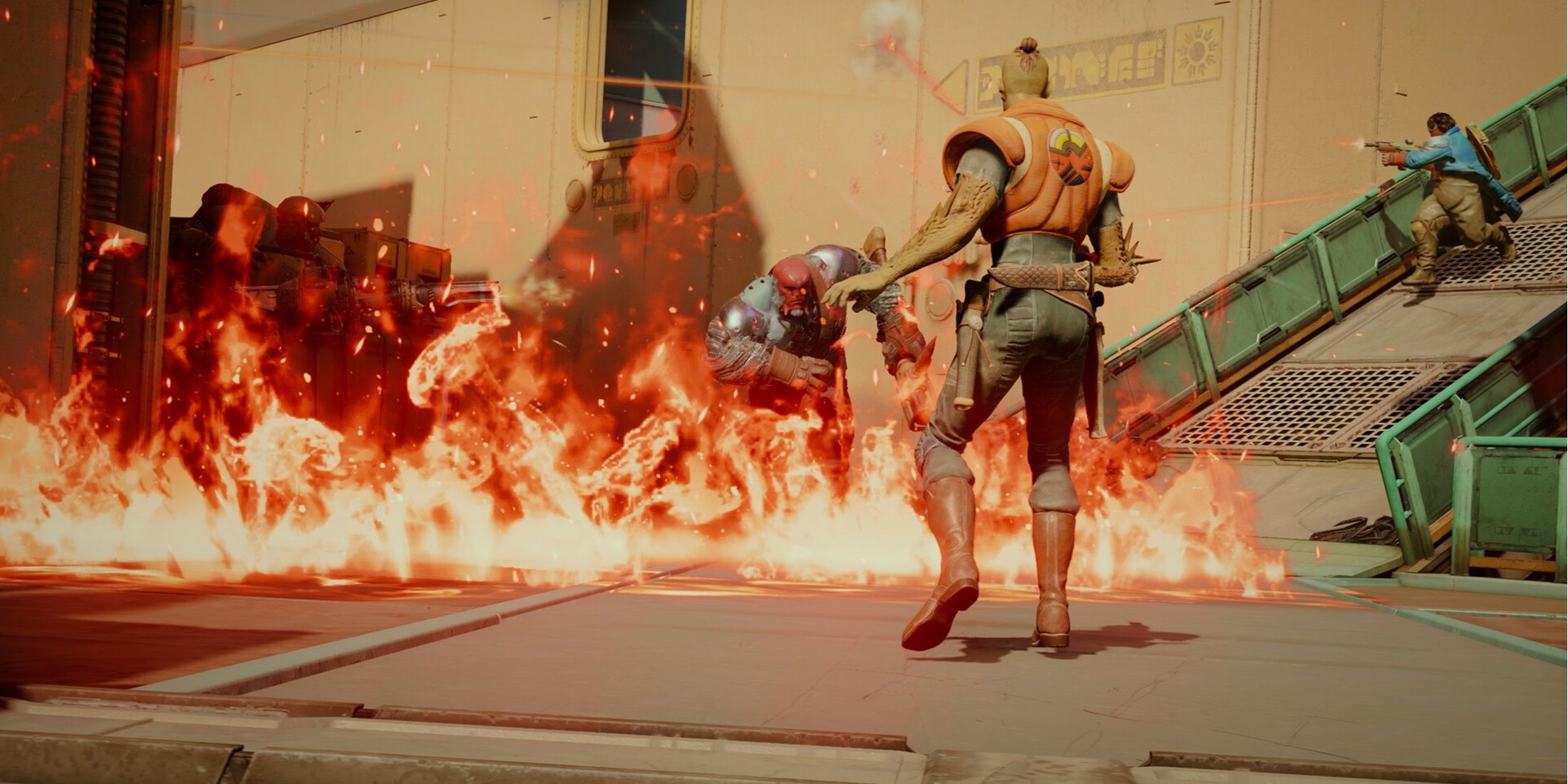
The game Concord serves as an outstanding illustration of a poorly handled live-service title, one that may be scrutinized for years due to its downfall. There’s hardly a parallel for its demise with past instances. Typically, games in similar predicaments are discreetly shelved prior to launch (like Sega’s “supergame” Hyenas), but Sony persisted, seemingly aiming to establish a significant franchise, and they suffered the consequences.
After spending nearly eight years and over $250 million on its creation, the game Concord was introduced into a crowded hero-shooter market with a paid model, presumably aimed at quickly recovering its costs. However, it was closed down merely two weeks after its release. Sony, in an unusual step, offered full refunds to all purchasers, highlighting the significant financial catastrophe that had occurred.
The impact of the disappointing launch of “Concord” was significant and difficult to underestimate. As a result, Firewalk Studios was closed not long after the game’s termination, and it appears that Sony abandoned the project completely. In the shadow of Concord’s collapse, there are reports that the company is rethinking its entire approach to live-service games, even going so far as to cancel several projects that had been under development for a considerable length of time.
Read More
- Poppy Playtime Chapter 5: Engineering Workshop Locker Keypad Code Guide
- Jujutsu Kaisen Modulo Chapter 23 Preview: Yuji And Maru End Cursed Spirits
- God Of War: Sons Of Sparta – Interactive Map
- 8 One Piece Characters Who Deserved Better Endings
- Poppy Playtime 5: Battery Locations & Locker Code for Huggy Escape Room
- Who Is the Information Broker in The Sims 4?
- Pressure Hand Locker Code in Poppy Playtime: Chapter 5
- Mewgenics Tink Guide (All Upgrades and Rewards)
- Poppy Playtime Chapter 5: Emoji Keypad Code in Conditioning
- Why Aave is Making Waves with $1B in Tokenized Assets – You Won’t Believe This!
2025-04-30 12:50